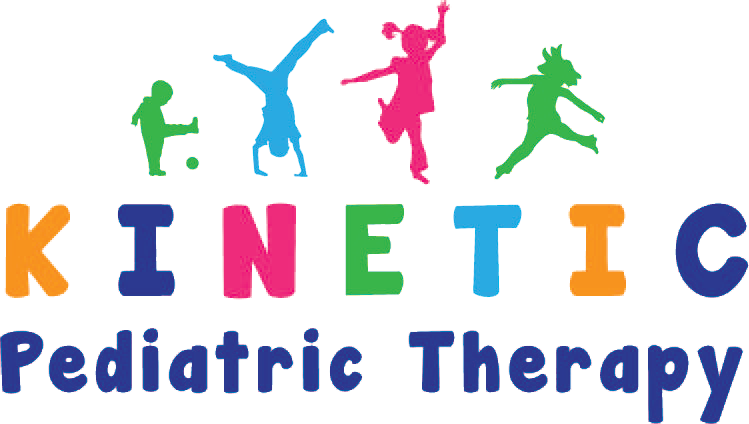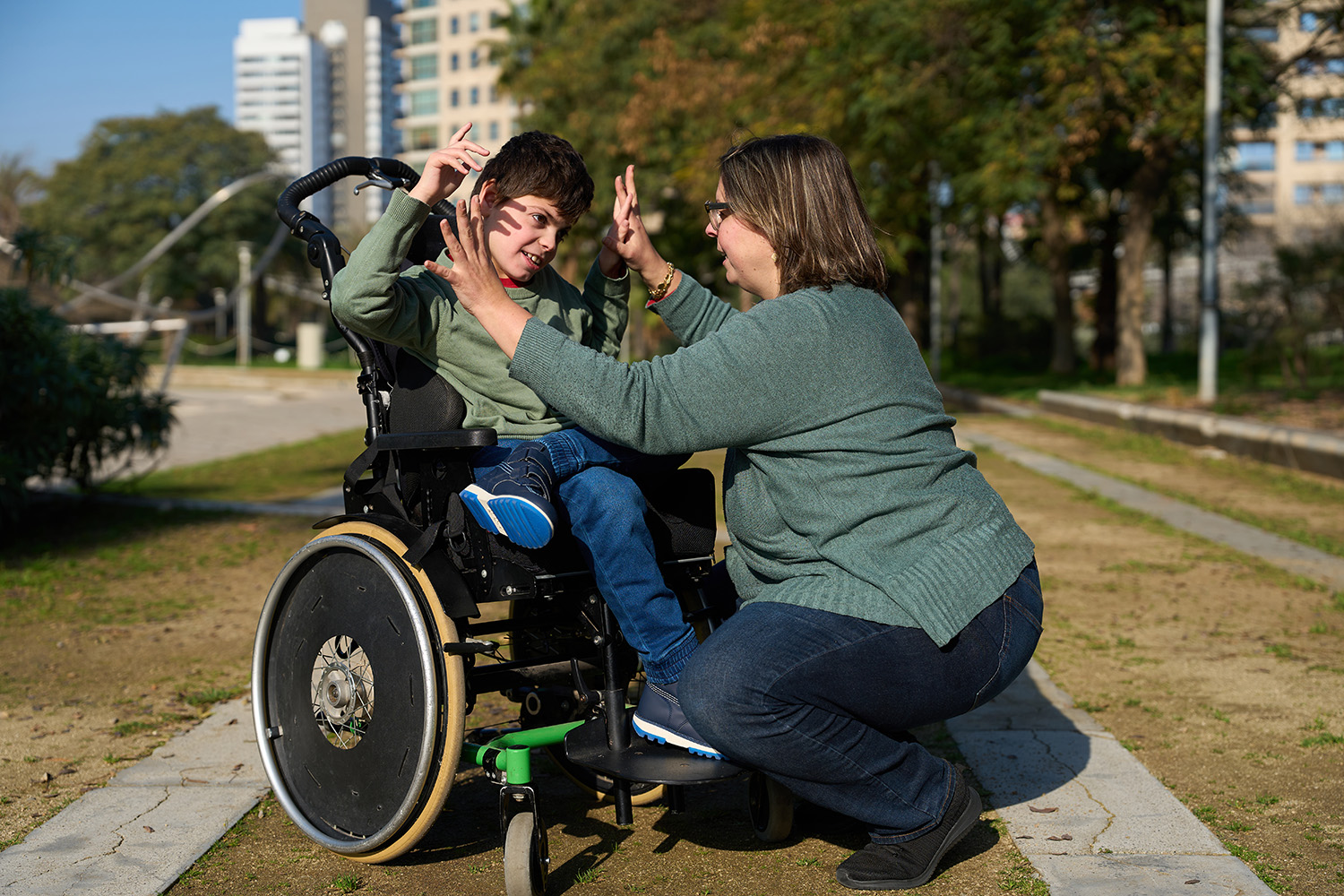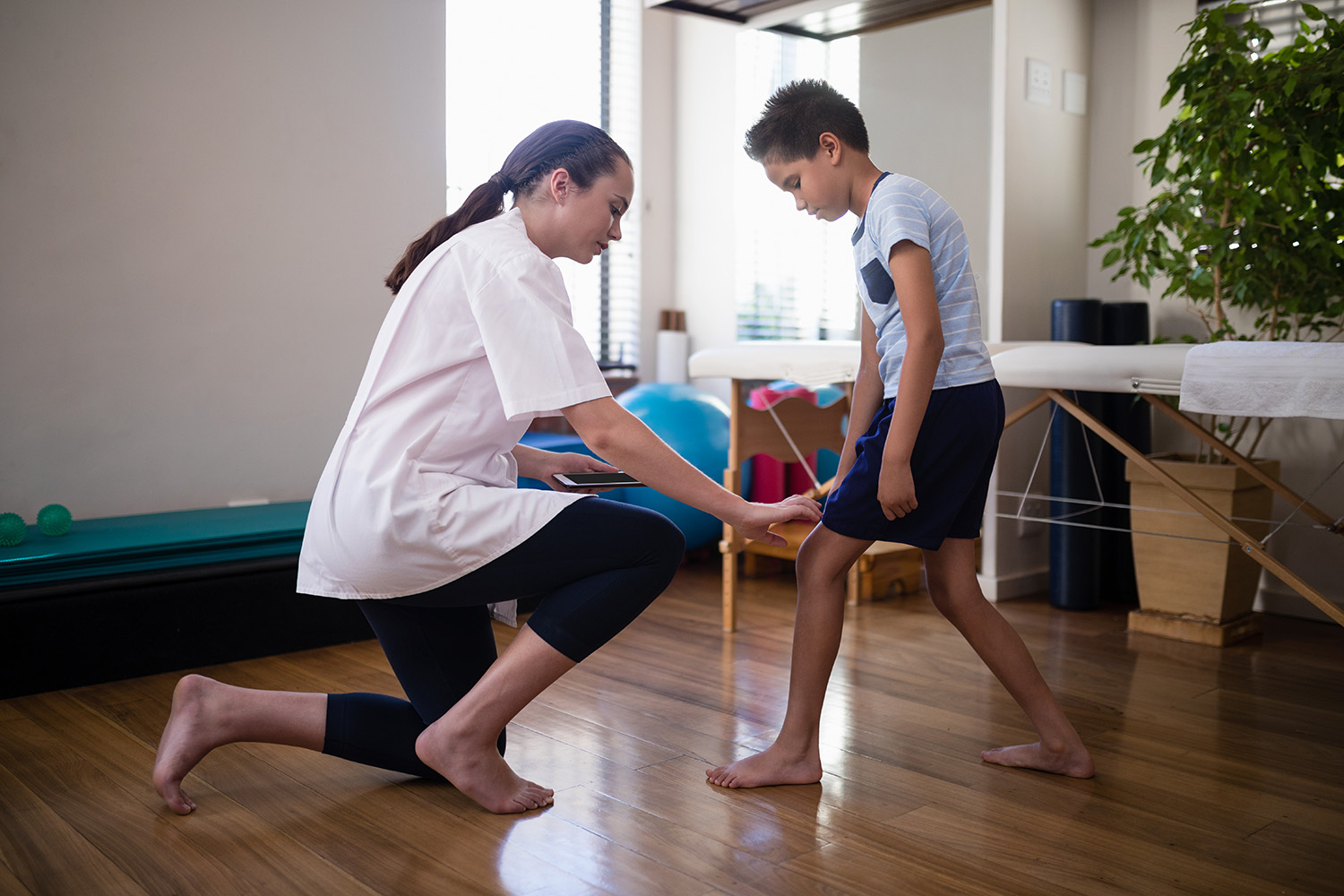
Creating Adaptive PE Plans with Contract Physical Therapists: A Collaborative Approach
Adaptive PE Plans: Promoting Inclusive Physical Education Through Collaborative Support
Adaptive PE Plans are essential for ensuring that students of all abilities can participate meaningfully in physical education. At the heart of successful implementation is collaboration—particularly between PE teachers and contract physical therapists. These professionals bring clinical expertise and tailored interventions to the school setting, helping develop programs that not only accommodate but empower students with physical, developmental, or neurological challenges. When done right, Adaptive PE Plans create a more inclusive, engaging, and supportive environment that encourages lifelong physical activity.
The Need for Adaptive PE Plans in Today’s Schools
Inclusive education is not just a legal requirement—it’s a moral imperative. Physical education plays a vital role in a student’s development, but traditional PE curriculums are not always accessible to those with physical or motor skill limitations. Adaptive PE Plans address this gap by modifying physical education to meet each student’s individual needs. Whether a child has difficulty with balance, coordination, strength, or endurance, a contract physical therapist can step in to help design goals and activities that foster participation, safety, and success.
The Role of Physical Therapists in Developing Adaptive PE Plans
Contract physical therapists working in school settings serve as integral members of the special education team. They provide critical input into Adaptive PE Plans, starting with comprehensive evaluations of a student’s motor skills, mobility challenges, and endurance levels. These evaluations help identify areas of strength and limitation, forming the foundation of a customized PE approach. From there, the physical therapist collaborates with PE teachers to modify activities and equipment so students can participate to the fullest extent possible.
How Adaptive PE Plans Are Built Through Cross-Disciplinary Collaboration
Creating effective Adaptive PE Plans requires teamwork. PE teachers bring knowledge of curriculum and class structure, while physical therapists contribute clinical insight into body mechanics, motor development, and injury prevention. Working together, they design modifications for common PE activities—such as adapted stretching routines, partner-assisted exercises, or equipment substitutions. This joint planning ensures that activities remain challenging yet achievable, promoting growth and inclusion rather than frustration or exclusion.
Examples of Adaptive Strategies in Action
Adaptive PE Plans can include a wide range of modifications. For a student with limited mobility, the physical therapist may recommend seated exercises or introduce lightweight equipment to reduce strain. A child with poor balance may benefit from wall supports or tactile cues during movement activities. For students with sensory sensitivities, calming pre-activity routines or noise-reducing headphones may be added. These thoughtful adaptations enable children to develop physical skills while staying safe and engaged in their PE experience.
Building Confidence Through Participation
One of the most impactful results of strong Adaptive PE Plans is the increase in self-confidence students experience when they are included in group activities. Children who may have previously sat out or been sidelined are now active participants, celebrating their progress and feeling a sense of accomplishment. A contract physical therapist plays a pivotal role in this transformation, offering one-on-one support and coaching to ensure each child’s success.
Monitoring Progress and Adjusting Plans Over Time
Adaptive PE Plans are living documents. As students progress or face new challenges, it’s essential to reevaluate and modify their PE goals and strategies. A contract physical therapist tracks student performance during PE activities, documents changes, and communicates with the educational team to make timely updates. This ongoing adjustment keeps the plan relevant and ensures students are continually working toward achievable, meaningful physical milestones.
Meeting IEP Goals Through Adaptive PE Integration
For students with Individualized Education Programs (IEPs), Adaptive PE Plans help meet physical development goals in a structured yet flexible setting. A physical therapist ensures that therapy goals align with the student’s broader educational and functional needs. Whether it’s improving walking tolerance, increasing upper body strength, or developing coordination for everyday activities, physical education becomes a powerful tool in meeting these benchmarks when tailored correctly.
Empowering PE Teachers Through Training and Support
Many PE teachers are passionate about inclusion but lack formal training in adaptive strategies. Contract physical therapy professionals serve as valuable resources, offering hands-on training, classroom demonstrations, and coaching sessions. They may model adapted drills, suggest inclusive games, or provide guidance on positioning and equipment use. This professional development enhances the teacher’s confidence and ensures all students benefit from a well-executed, inclusive PE curriculum.
Benefits Beyond the Gym: Long-Term Impact of Adaptive PE Plans
The benefits of Adaptive PE Plans extend beyond the gymnasium. Students who engage in meaningful physical activity are more likely to exhibit improved classroom behavior, enhanced focus, and better emotional regulation. Participation in group activities builds social skills and fosters teamwork. By addressing physical needs in an inclusive setting, contract physical therapists help students experience a more well-rounded and fulfilling educational experience.
Creating a Culture of Inclusion Across the School
When Adaptive PE Plans are implemented effectively, they influence the school culture as a whole. Students learn to value diversity, celebrate differences, and work collaboratively. Staff becomes more mindful of accessibility and equity. The presence of a skilled physical therapist reinforces the message that every student deserves to be seen, supported, and encouraged to thrive in all areas—including physical education.
Why Adaptive PE Plans Matter in School-Based Physical Therapy
Adaptive PE Plans are more than just accommodations—they are commitments to equity, empowerment, and educational excellence. Through close collaboration between PE teachers and contract physical therapists, schools can design programs that meet every child where they are and help them grow. By promoting safety, participation, and progress, these plans ensure that all students experience the joy and benefits of physical education. As more schools embrace inclusive practices, Adaptive PE Plans will continue to play a critical role in making every movement—and every moment—count.
🏃♂️ Help your students reach their full potential with expert Pediatric Physical Therapy! Kinetic Pediatric Contract Therapy offers tailored physical therapy services to schools across North Carolina, helping children improve their strength, mobility, and coordination. Our dedicated therapists work one-on-one with students to ensure they have the tools they need to succeed both in the classroom and in life. 🌟 Empower your students with the support they deserve—bring our Pediatric Physical Therapy services to your school today and promote their physical well-being and growth!
Please Share




